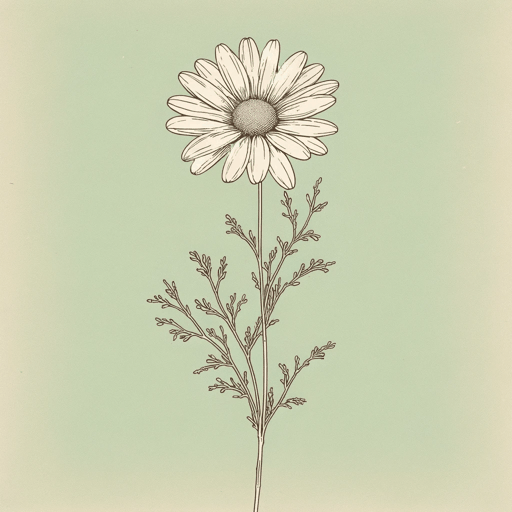51 pages • 1 hour read
Dennis LehaneSmall Mercies
Fiction | Novel | Adult | Published in 2023A modern alternative to SparkNotes and CliffsNotes, SuperSummary offers high-quality Study Guides with detailed chapter summaries and analysis of major themes, characters, and more.
Important Quotes
“She’s fragile, this product of Mary Pat’s womb—fragile in the eyes, fragile in the flesh, fragile in her soul. All the tough talk, the cigarettes, the ability to swear like a sailor and spit like a longshoreman, can’t fully disguise that. Mary Pat’s mother, Louise ‘Weezie’ Flanagan, a Hall of Fame Irish Tough Broad who’d stood four-eleven and weighed ninety-five pounds soaking wet after a Thanksgiving dinner, told Mary Pat a few times, ‘You’re either a fighter or a runner. And runners always run out of road.’ Mary Pat sometimes wishes she’d found a way to get them out of Commonwealth before Jules finds out which she is.”
(Chapter 1, Page 6)
The toughness of Southie people, especially women, is a theme that Lehane addresses early and often in the book. Mary Pat looks at her daughter and loves the fact that Jules is not built to fight as Mary Pat and so many of her family members were, but at the same time, she fears that only fighters can survive in a harsh and unforgiving world. Soon enough, Mary Pat’s worst fears on that count will be fulfilled, and Southie will destroy Jules before Mary Pat can resolve to take her away.
“And it isn’t about race. She’d be just as angry if they told her she has to send her kid across the city to Revere or the North End of someplace mostly white. The thought occurs to her that maybe she wouldn’t be as mad, maybe she’d just be really annoyed, but then she hammers another sign to another stick and thinks, Fuck that, I don’t see color. I see injustice. Just another case of the rich fucks in their suburban castles (and their all-white towns) telling the poor people stuck in the city how things are going to go. In that moment, Mary Pat feels a kinship with black people that surprises her. Aren’t they all victims of the same thing? Aren’t they all being told How It Is?”
(Chapter 2, Page 20)
Mary Pat frequently tries to tell herself that she is not racist, and here she even imagines herself to be on the same side as the Black people who suffer the long-term effects of such racism, hatred, and hypocrisy, while the people who make the rules are under no pressure to follow those rules. Yet her inner voice reminds her that the racial component of busing contributes to the sense of injustice, and her sense of affinity with Black people is entirely in her head, as she will make no material effort to connect with any Black people on this issue or any other.
Related Titles
By Dennis Lehane




